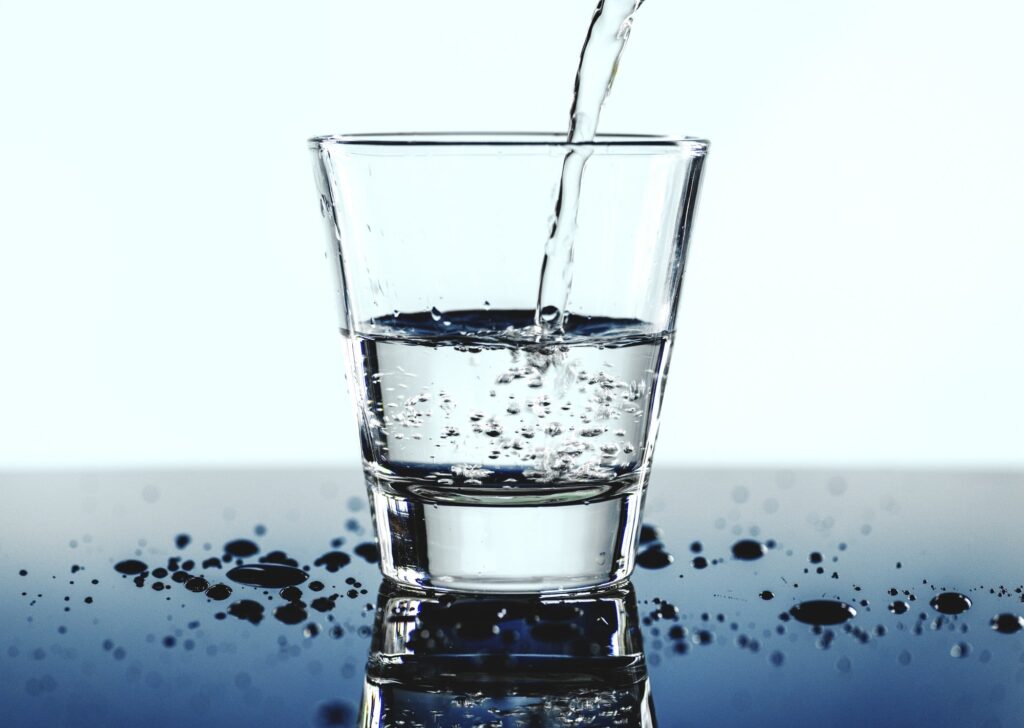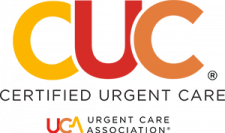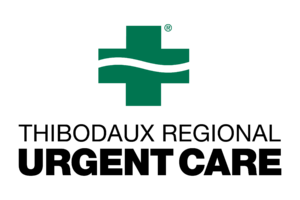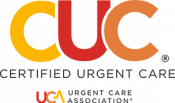July was the hottest month ever on earth. Given the extreme heat across the globe and the heat of summer that doesn’t appear to be going anywhere soon, dehydration is a real concern.
Dehydration can impact anyone, from kids to adults, but it is especially troublesome for the elderly. Older adults typically have less water in their body than children or younger adults, so they may become dehydrated even faster.
The symptoms of dehydration in the elderly can often be attributed to other health problems in the elderly or to medications they are taking, so the early signs often get explained away until the dehydration has escalated.
Keep reading to learn more about dehydration and its signs so you can take care of yourself and your elderly loved ones.
Symptoms of Dehydration in the Elderly
Because of their lower water content and reduced kidney function, the elderly may become dehydrated much quicker than children or adults. If you or your loved ones experience any of the following symptoms, dehydration is a serious concern.
- Dryness of mouth
- Extremely concentrated urine
- Weakness
- Headaches
- Cramping
- Feeling sleepy
- Irritability
If an elderly person is showing any of these signs, slowly re-hydrating is usually sufficient. It’s best, of course, to prevent dehydration from even happening in the first place with regular hydration.
More serious symptoms of dehydration that require immediate medical attention include:
- Low blood pressure
- Bloated stomach
- Convulsions
- Breathing faster than more
- Rapid but weak pulse
- Delirium and confusion
- Sunken eyes
- Elevated heart rate
However, the presence or absence of these signs is not a foolproof way to determine if someone is dehydrated. Instead, blood work may be necessary to determine if an elderly person is dehydrated.
Preventing Dehydration
Prevention is key, but hydration in the elderly is a bit different than in those who are younger. As we age, our sense of thirst diminishes, so even though an elderly person needs to hydrate, they may not realize it.
It’s also difficult for many elderly people to drink a large quantity of water or other liquid at a time, so making hydration an all-day goal is more feasible. Ensuring that they have access to water at all times is key.
The type of liquid consumed is also important. While water is the best, small amounts of other liquids such as milk or 50/50 juice and water are also acceptable. Coffee and tea are diuretics, so they should not be counted in the daily hydration goal.
Hydration doesn’t always have to come from liquids either. There are plenty of water-rich foods that help you stay hydrated too, like watermelon, strawberries, peaches, and cucumbers.
Hydrate, Hydrate, Hydrate
Dehydration can have some serious health consequences and should be taken seriously, especially in the elderly. Don’t let yourself or your elderly loved ones reach the dehydration stage. These symptoms of dehydration in the elderly should help you identify situations where hydration is needed and take immediate steps to rectify it.
If medical care is necessary, we are open 7 days a week from 9 a.m. to 8 p.m. and can treat dehydration and many other medical conditions. Contact us for any questions or concerns.




